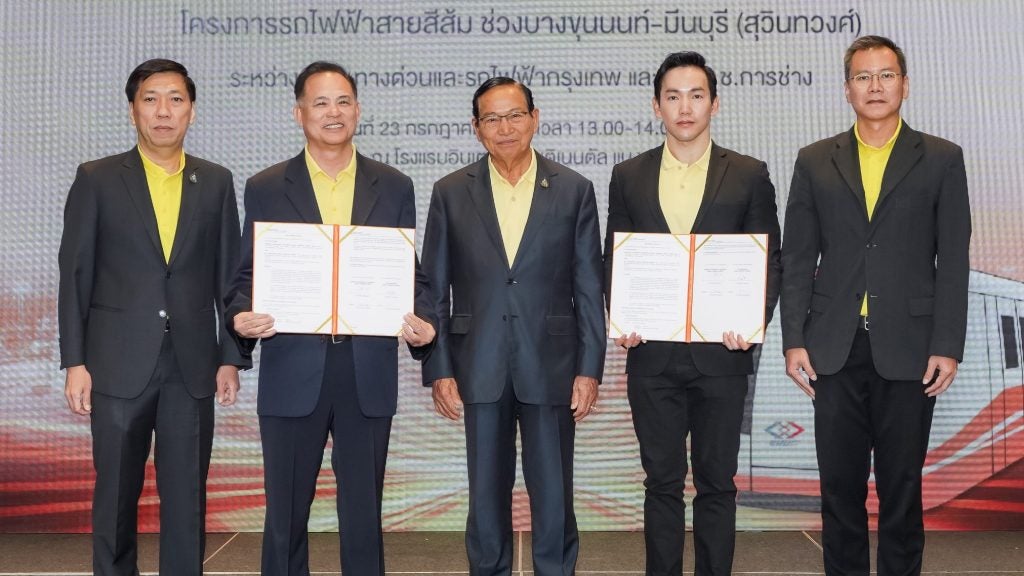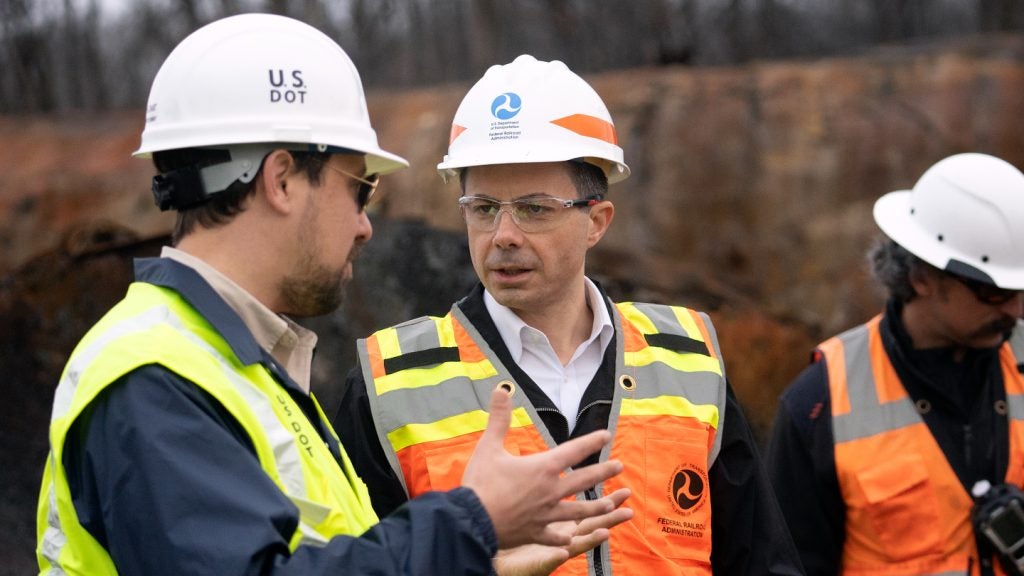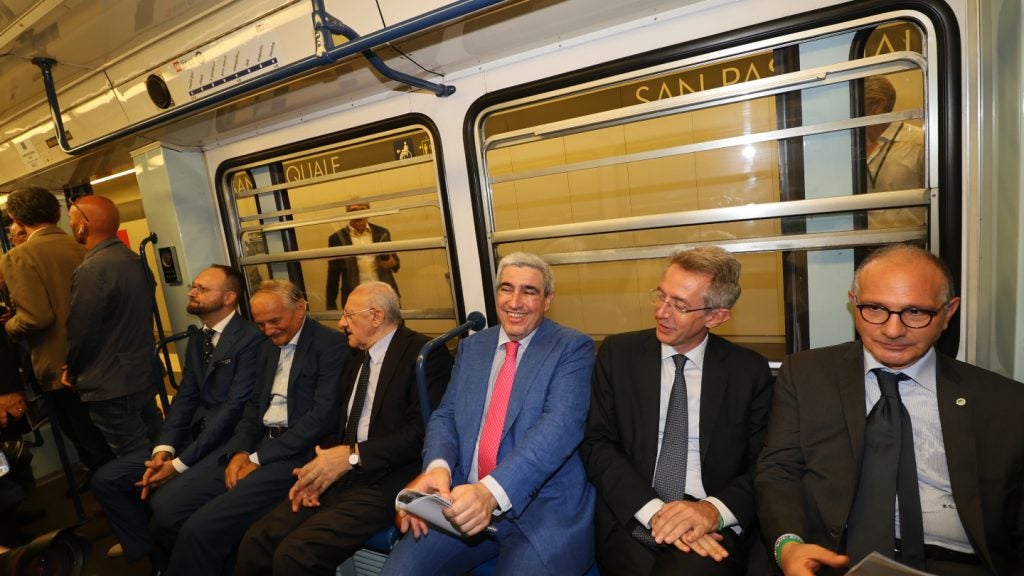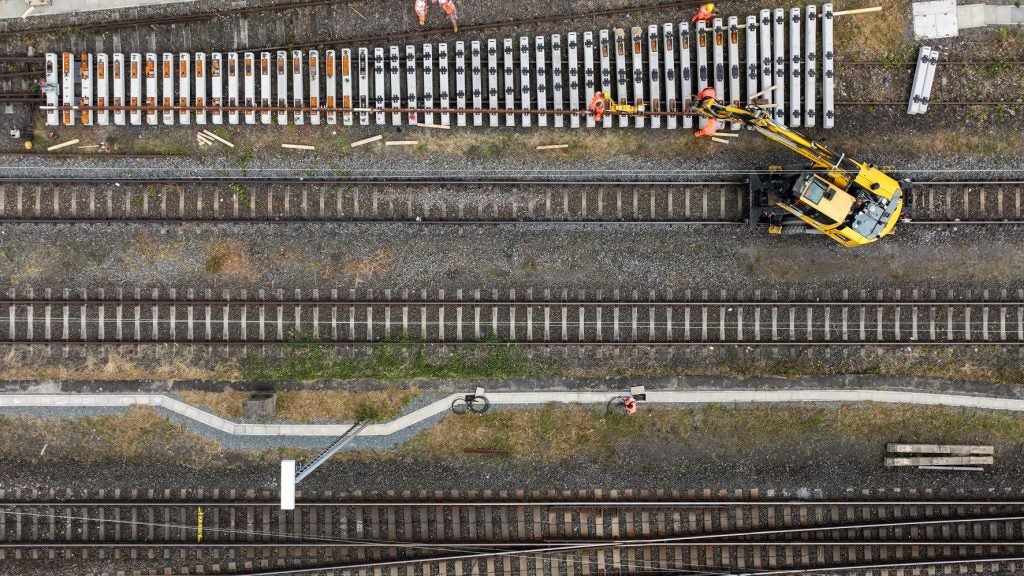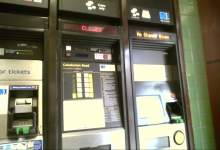

When negotiations between London mayor Boris Johnson and the city’s transport unions reach an impasse, the mayor’s side will invariably threaten to do the unthinkable – buy driverless trains. Though automatic rolling stock is unlikely to be a viable proposition for London, at least for several years, it serves as a reminder that the role of the human being in the public transport system will continue to diminish.
An announcement in late 2013 represented a big step in that direction. In November 2013 the mayor announced that all ticket offices on the London Underground are to close, leading to the loss of around 1,000 jobs. Transport for London (TFL), a government body responsible for London’s transport system, is facing budget cuts of £78m in FY2013 and FY2014 – the closure plan would reportedly help it save £40m a year. The mayor promised that there would be no compulsory redundancies, but this did not stop the row from escalating.
The National Union of Rail, Maritime and Transport Workers (RMT), which represents a majority of London Underground employees, claimed the decision would make the underground less safe and that it went back on a the mayor’s promises in 2008 to ‘halt’ the proposed closure of ticket offices and for a ‘manned ticket office at every station’.
In response, the mayor accused the union of being anti-progress and said that the lost jobs in the ticket office would be offset by more staff on station concourses and platforms, where they can be of greater assistance. London Underground’s managing director, Mike Brown, dismissed safety concerns out of hand: "Safety and security will never be compromised. Safety is not controlled from ticket offices but by station supervisors and dedicated control rooms. This will continue."
London Underground vs the unions
A quick straw poll outside King’s Cross underground station one Tuesday morning revealed a mix of opinions. Civil servant Claire Davies (24), who had just gotten off the Northern Line from Elephant and Castle, came down on the side of the mayor’s office: "It is just progress – it’s ridiculous to expect the average Londoner to unnecessarily pay more," she said. "It’s new technology, going to make things more efficient and probably cheaper – twas ever thus."
How well do you really know your competitors?
Access the most comprehensive Company Profiles on the market, powered by GlobalData. Save hours of research. Gain competitive edge.

Thank you!
Your download email will arrive shortly
Not ready to buy yet? Download a free sample
We are confident about the unique quality of our Company Profiles. However, we want you to make the most beneficial decision for your business, so we offer a free sample that you can download by submitting the below form
By GlobalDataA group of SINTEF researchers involved in optimisation have developed methods and software designed to prioritise trains in real time.
Peter Clayton (27), a teacher from Crystal Palace in South London, was more sympathetic towards the trade unions, suspecting that in the long run the promised cost savings would not materialise: "I think it’s all well and good [closing the ticket offices] until someone’s Oyster card doesn’t work or there’s another problem of a technical nature. Those are the times you need someone in the ticket office who can support those who need help. Those ‘savings’ I think will end up with more delays and possibly losses."
Niels Svenson (34), a graphic designer from Chelsea, came down somewhere in the middle: "I always use the ticket machines to top up," he said. "I don’t think they are hard to use, even for tourists, as you can choose from a whole range of languages. But if I buy a monthly or quarterly travel card, I like to be sure everything has gone ok. I want to speak to a person and to receive a receipt. I don’t completely trust the machines or the internet to do it."
A survey by Survation, a UK-based polling and research consultancy firm, reveals widespread passenger concerns. The company interviewed 1027 tube users across 23 stations to find out their view on the closure of ticket offices. The survey found that 37.4% would be very concerned and 33.3% quite concerned if the tube stations on their journey had no manned ticket offices. Only 7.6% said that they were not at all concerned by the idea, with the ‘not very concerned’ accounting for 21.7% of the total.
Among tourists, a unanimous 81% said they were quite or very concerned about the prospect of ticket office closures. Those who conducted the survey noted that many tourists found ticket offices useful as a source of general information, with around a third believing that is actually their primary function.
The customer is always right
The issue of ticket office closures brings up broader questions about the role of automation in customer service. If those who take the tube are indeed customers, as TFL refers to them, should they not expect, as part of the ticket price, the same human interaction and assistance they receive in shops and restaurants?
Simon Caulkin, a journalist writing for the British Library’s management and business studies portal, thinks they should. He has criticised companies that have a "’How are you today’ synthetic personalisation of ecommerce" while "systematically depersonalising the face-to-face side of their business." "Customer service has become customer obfuscation," he argues, and this has not only led to reduced customer satisfaction and trust but a harder working environment for employees.
To predict the likely effect of reduced human presence and greater automation on the railways, the supermarket is a good place to look. The Grocer, a trade magazine for the food and drink retail industry, had market research firm Market Force ask more than 4000 supermarket shoppers their opinions on self-service tills, the most significant example of automation entering the realm of customer service.
The results may come as a surprise to anyone who has faced the ignominy of having to flag down a staff member to remove the unidentified item from the bagging area. The survey found that 65% of shoppers would like to see more self-scan tills and another 57% said they liked them because they helped speed up shopping, a result that contradicted previous polls which saw the tills as annoying and gremlin-filled.
Although these figures could hardly be described as a ringing endorsement of automation in customer service – 55% of customers say that the manned checkout is still their preferred place to pay – they suggest that people do appreciate the time savings that automation brings. The figures also imply that, eventually, people get used to new systems and may even come to appreciate them, whether operated by a human or not.



